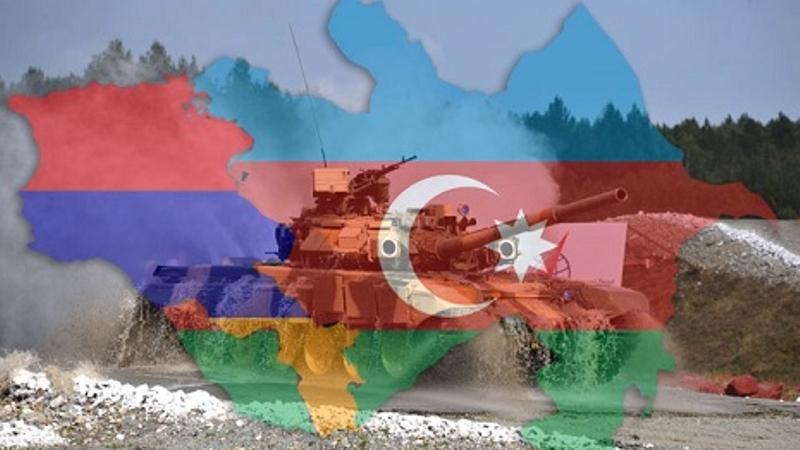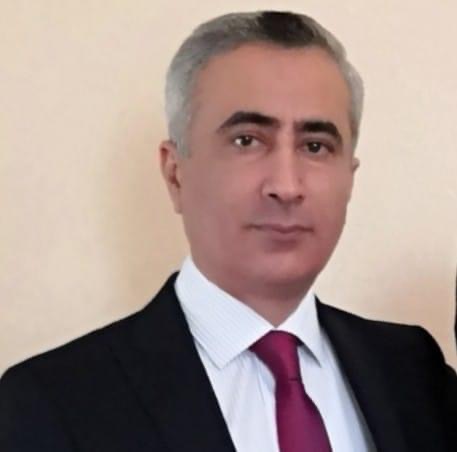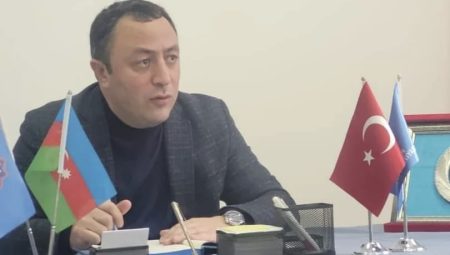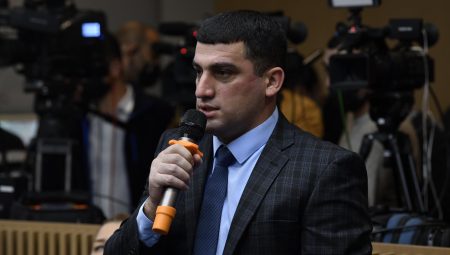On September 19, Azerbaijan launched a large-scale offensive against the self-declared Nagorno Karabakh Republic with only one goal: to finish with that republic. The Azerbaijani attack was not a surprise to anyone. At least since the beginning of 2023, Azerbaijan has stated clearly and loudly that Baku will not tolerate the status quo that emerged after the 2020 Nagorno Karabakh war and will do everything possible to destroy the Nagorno Karabakh Republic. Azerbaijan was also clear that it would reach its goal quickly. Since the beginning of September 2023, as Azerbaijan started to concentrate troops along the line of contact, it was clear the military offensive would take place very soon. Armenia knew that Russia knew that, the EU and the US knew that, and Nagorno Karabakh authorities knew that. What were the positions of the sides regarding the upcoming offensive of Azerbaijan?
Armenia thought that it could not do anything and should not do anything. It could not because the military balance was hugely in favor of Azerbaijan, as during the three years after the 2020 war, Armenia failed to undertake any meaningful military reforms. Armenia should not have done anything because Nagorno-Karabakh is not part of Armenia but part of Azerbaijan. Thus, it is the responsibility of Russia, which had peacekeepers, and the West, which was speaking about the unacceptability of violations of international humanitarian law and the killing of civilians, to prevent the Azerbaijani offensive.
Russia thought that if Armenia did not care about the Armenians of Nagorno Karabakh, who hold Armenian passports, then Russia should not ruin its relations with Azerbaijan and Turkey by entering into a military confrontation with Baku. What Russia can and should do is to seek to protect civilians as much as possible and secure the deployment of Russian peacekeepers at least until November 2025.
The EU was against human rights violations but said it had no presence on the ground. Thus, it could not do much to prevent a new Azerbaijani attack. It was ready to support Armenia in dealing with the new wave of refugees from Nagorno Karabakh and send humanitarian assistance to Nagorno Karabakh if Azerbaijan allowed it. The US publicly warned about the unacceptability of a new attack against Nagorno Karabakh. However, as the US primary interest in the region is the decrease of Russian presence and influence, the “soft/voluntary” exodus of Armenians from Nagorno Karabakh, which may result in the withdrawal of Russian peacekeepers from the region, was not against US strategic interests. Meanwhile, the Azerbaijani takeover of Nagorno Karabakh could trigger more anti-Russian sentiments in Armenia, which was entirely in line with US regional interests.
Thus, for different reasons, all external actors, including Armenia, were not ready to take tangible steps to prevent a new Azerbaijani attack. The Nagorno Karabakh authorities decided to change their leadership, probably hoping that the moderate ideas of the new president, who spoke about the “status of Nagorno Karabakh,” avoiding the use of the term independence, migh create a base for any sort of meaningful discussion with Azerbaijan. However, Azerbaijan used the September 9 presidential elections as a “casus belli” for its well-prepared offensive.
As Nagorno Karabakh was completely alone against Azerbaijan, having only a 120,000 population starving due to the blockade, the result of the Azerbaijani attack was clear to everyone. The only question was the duration of how long Nagorno Karabakh migh resist. It appeared that after 24 hours of hostilities, Nagorno Karabakh was forced to accept Azerbaijani demands, including the dissolution and disarmament of the defense army. Within 24 hours, the Azerbaijani army penetrated the territory of Nagorno Karabakh, surrounding Martakert and Martuni regions, and was very close to entering Stepanakert.
After reaching the ceasefire agreement on September 20 and the meeting between Nagorno Karabakh Armenians and Azerbaijan representatives in Yevlakh on September 21, the critical question is what next? What can and should be done now?
The immediate task is to restore the supplies of humanitarian cargo and electricity to Nagorno Karabakh, as many people may die from hunger in the upcoming days. Another urgent task is to end the blockade of Nagorno Karabakh villages and cities by the Azerbaijani army to find out the fate of the population as well as deliver aid. Hundreds, if not thousands, are missing; steps should be taken to clarify their fate. On September 22, Russian peacekeepers delivered 50 tons of humanitarian cargo to Stepanakert, and this process should continue.
Meanwhile, decisions should be made regarding the future of the Armenians in Nagorno Karabakh. Very soon, probably by the end of 2023, the Nagorno Karabakh Republic state institutions will be dissolved, and the “integration of the region” into Azerbaijan will start. It may entail disseminating Azerbaijani passports, using Azerbaijani currency, and establishing Azerbaijani state institutions – such as police, tax services, and others.
However, few, if any, Armenians would like to live under Azerbaijani jurisdiction without any international presence and guarantees, and would opt to leave Nagorno Karabakh. For these people, access to international organizations, notably the relevant UN agencies, should be secured in Nagorno Karabakh, both for the organization of evacuation and to provide at least basic guarantees for those Armenians who, for whatever reasons, would like to stay. Armenia, Russia, the EU, and the US should force Azerbaijan to provide secure passage through the Lachin corridor for all those Armenians who would like to leave, including the male population, as against many of them, criminal cases are opened in Azerbaijan. The international community should provide urgent humanitarian assistance to Armenia to deal with this new wave of refugees, which may enter Armenia in the upcoming months.
These tasks – access to Nagorno Karabakh for UN agencies, the provision of safe evacuation to Armenia for all Armenians who will not agree to live under Azerbaijani jurisdiction, and urgent humanitarian assistance to Armenia to deal with new waves of refugees – should be realized very quickly, to avoid even greater human tragedy.





